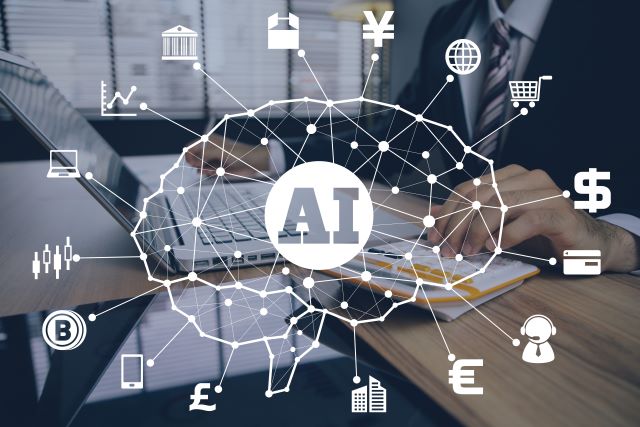
The University of Southern California Marshall School of Business recently conducted a study on AI-generated responses and their impact on human perception.
The research, published in the Proceedings of the National Academy of Sciences (PNAS), found that AI-generated messages made recipients feel more “heard” and were better at detecting emotions compared to messages generated by untrained humans.
However, recipients reported feeling less heard when they learned a message came from AI, indicating an underlying bias toward AI.
The study, led by Yidan Yin, Nan Jia, and Cheryl J. Wakslak, aimed to understand whether AI, lacking human consciousness and emotional experience, can succeed in making people feel heard and understood.
The team’s findings suggest that while AI can augment human capacity for understanding and communication, there are essential conceptual and practical questions about its effectiveness.
The research involved varying the source of the message and the apparent source, with participants receiving messages generated by either AI or a human responder, and being informed about the source of the message.
The study also explored participants’ general openness to AI, which influenced some of the effects.
The results showed that AI-generated responses were associated with increased hope and lessened distress, indicating a positive emotional impact on recipients.
AI also demonstrated a more disciplined approach in offering emotional support and refrained from making overwhelming practical suggestions compared to humans.
Instead of replacing humans, the research suggests that AI and human responses offer different advantages.
AI could become a valuable tool, empowering humans to understand one another better and respond in ways that provide emotional support and demonstrate understanding and validation.
The study has important implications for integrating AI into social contexts, as leveraging AI’s capabilities might provide scalable solutions for social support, especially for those who may lack access to individuals who can provide such support.
However, the research team emphasizes the importance of carefully considering how AI is presented and perceived to maximize its benefits and reduce negative responses.
The U.S. Army Corps of Engineers has been tasked with…
Brown and Caldwell, a leading environmental engineering and construction firm,…
Humboldt State University, one of four campuses within the California…